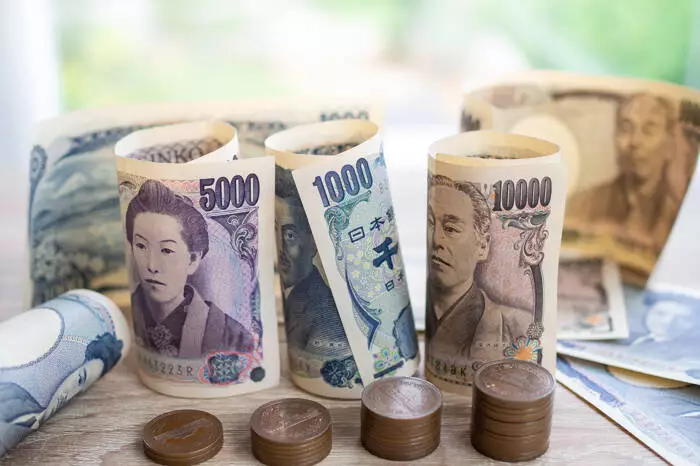Some economists are suggesting that implementing quantitative tightening (QT) could potentially strengthen the Yen in a more sustainable manner. The plan by the Bank of Japan (BoJ) to announce cuts to purchases of Japanese Government Bonds (JGB) in July is seen as a move that could reduce interest rate differentials with the US dollar, ultimately supporting the Yen. According to Natixis Asia Pacific Chief Economist Alicia Garcia Herrero, aggressive cuts to JGB purchases might have a more significant impact on the Yen compared to other forms of intervention.
The aggressive reduction in JGB purchases could potentially lead to a drop in the USD/JPY exchange rate to below 150. If the BoJ continues to support multiple rate hikes along with aggressive cuts to JGB purchases, it could further push the USD/JPY towards 140 by the end of Q4 in 2024.
Economic Indicators and Effects
In terms of economic indicators, labor market data from Japan is set to be released soon, which will be crucial in understanding the current conditions. A stronger labor market could lead to an increase in wage growth and disposable income. This, in turn, could stimulate consumer spending and drive demand-led inflation. The unemployment rate in Japan is expected to remain at 2.6% in June, according to economist forecasts. Any unexpected rise in the unemployment rate could potentially impact the BoJ’s decision to maintain interest rates at 0.1%.
Retail sales data, which is scheduled to be released on July 31, will also be closely monitored by the BoJ. A noticeable increase in retail sales could signal a positive outlook, potentially leading the BoJ to consider rate hikes in the coming months. Economists are predicting a 0.4% increase in retail sales for June, following a 1.7% rise in May.
US Economic Data and Impact on USD/JPY
The Dallas Fed Manufacturing Index, set to be released on July 29, will also play a role in shaping market expectations. Economists are anticipating an improvement in the index from -15.1 in June to -12.0 in July. Positive figures could support the notion of a soft landing for the US economy, potentially impacting the USD/JPY exchange rate. However, recent US inflation data suggest that it might not have a significant influence on the Fed’s interest rate decisions, as prices for goods declined in June.
The impact of quantitative tightening on the Yen and the Japanese economy is multifaceted, with various economic indicators and external factors contributing to the overall outlook. The decisions made by the BoJ regarding JGB purchases and interest rates will play a crucial role in determining the future trajectory of the Yen and the USD/JPY exchange rate.


Leave a Reply